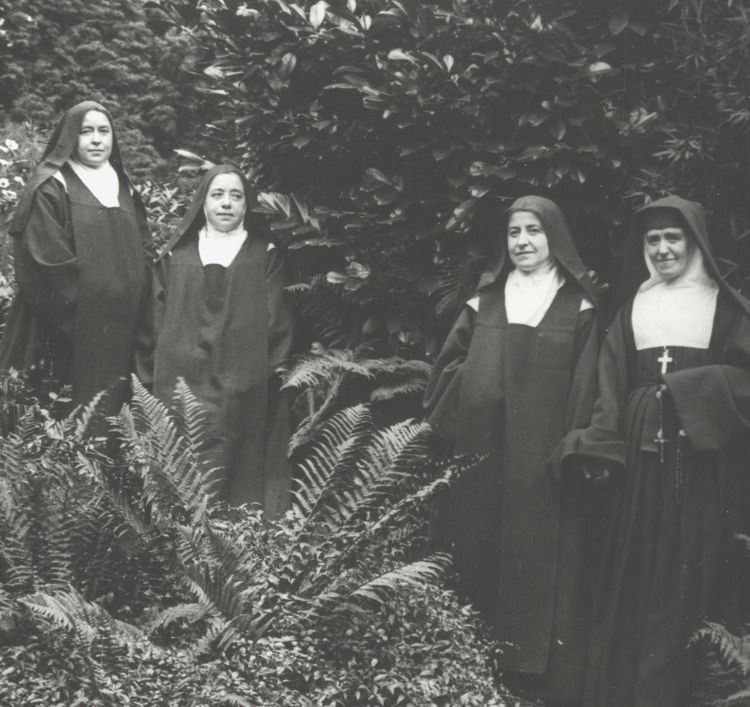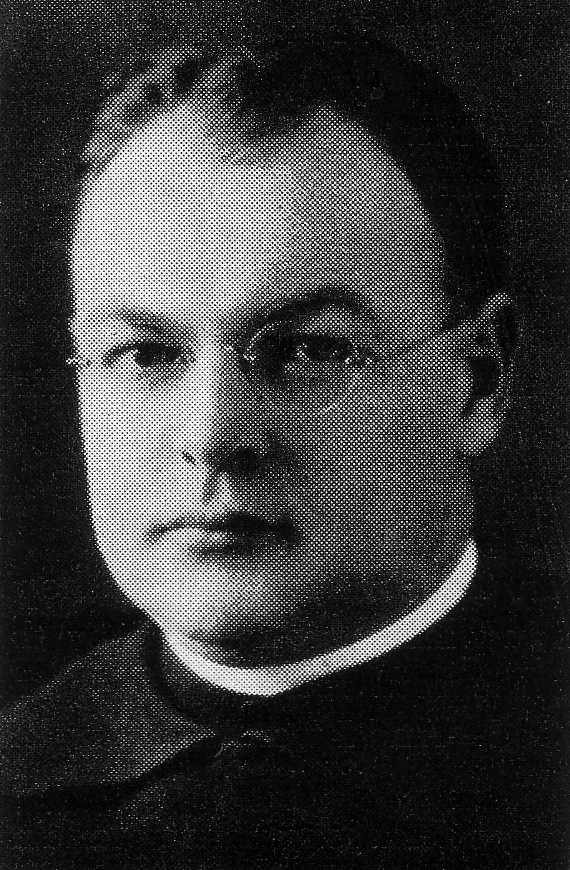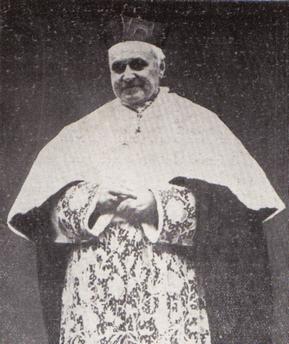Podcast: Play in new window | Download (Duration: 34:12 — 23.6MB) | Embed
Subscribe: Apple Podcasts | Spotify | Amazon Music | Android | Pandora | iHeartRadio | JioSaavn | Podchaser | Gaana | Podcast Index | Email | TuneIn | Deezer | Anghami | RSS | More
 A Sister of St. Thérèse: Servant of God, Léonie Martin – Bearer of Hope with Fr. Timothy Gallagher – Episode 4
A Sister of St. Thérèse: Servant of God, Léonie Martin – Bearer of Hope with Fr. Timothy Gallagher – Episode 4
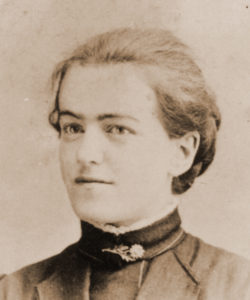
In this episode, we come to learn of “the pivotal moment” in the life of Léonie.
Even with all of the physical and emotional issues suffered by Léonie, there seemed to be something more, a mystery as it were, that prevented Zélie from having a deep maternal relationship with her struggling daughter. Zélie would say that this inability to win the heart of this difficult daughter was for her “the greatest sorrow of her life.”
Since the death of Sr. Marie Dosithée (Élise Guérin), Zélie begged her beloved oldest sister to intercede for her in heaven in order to return her poor child’s heart to her. At this same time Marie, her oldest daughter, having finished her time at boarding school was now home. Marie, who began to help with the care for her younger sisters, became aware of an alarming situation involving the maid Louise and her concealed abusive treatment of Léonie. She promptly informed her mother. Zélie, with this new knowledge and understanding, took immediate action.
Fr. Gallagher says, “Léonie’s life holds a very important story because she was the forgotten one; she was the one who was in the last place; she was the one who was less gifted than the others. Today we would call her a ‘problem child,’ and we’ll see that she certainly was the source of great anxiety to her parents, especially to her mother, Zélie, who loved her dearly.”
As a child, Léonie suffered from severe illnesses and physical maladies that would plague her entire life. She also struggled with understanding social clues and interactions and with behaving appropriately. Conventional educational models of the day failed to meet her particular needs, and she was labeled “developmentally delayed.” Yet those who knew her well described her as having a “heart of gold”.
Who was Léonie and what were her struggles? Why has her cause of canonization begun? Father Gallagher, along with Kris McGregor, answers these questions and explains why Léonie is “a bearer of hope” in this landmark series.
Leonie's parents - Sts. Louis and Zélie Martin
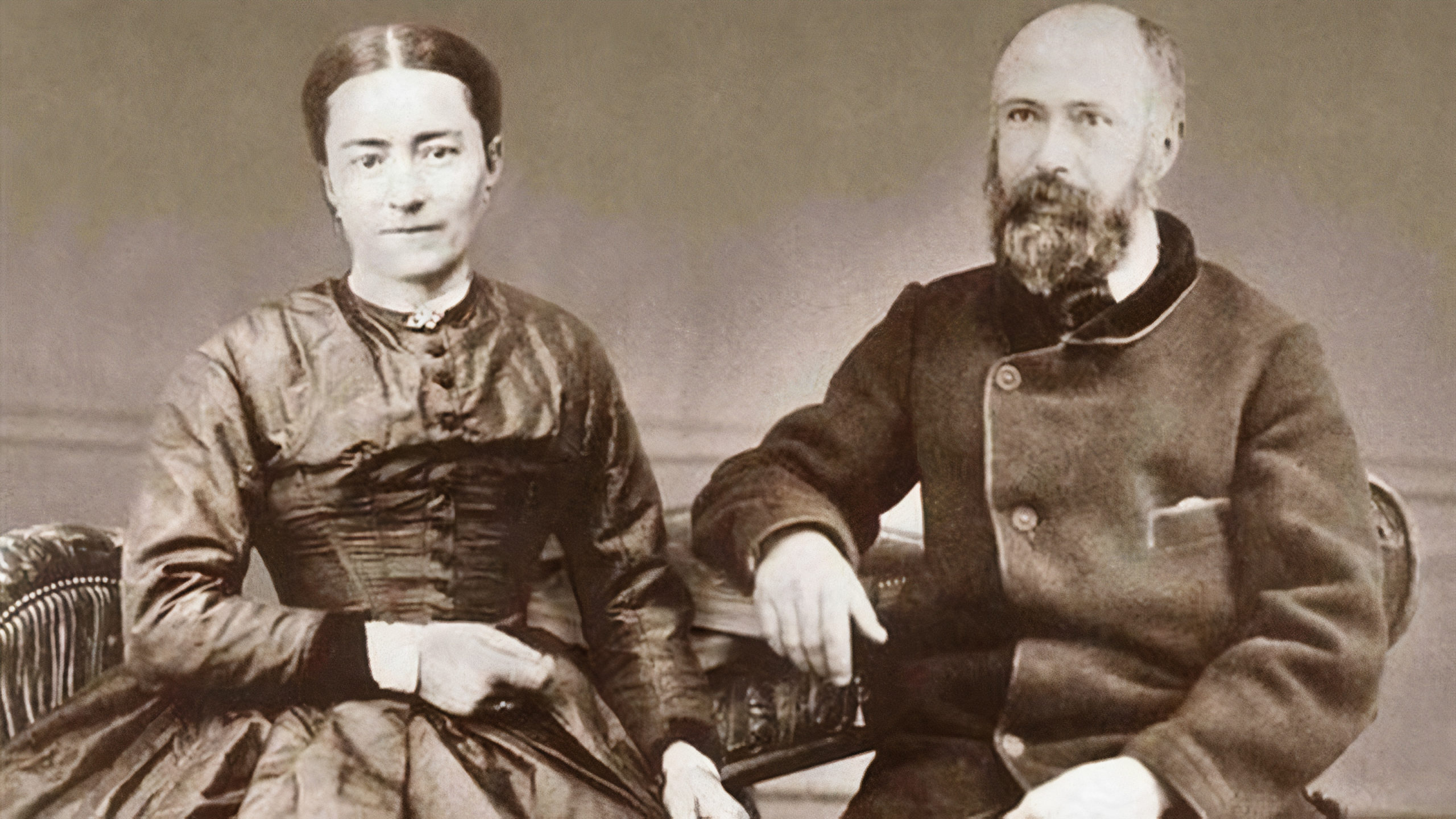
Marie
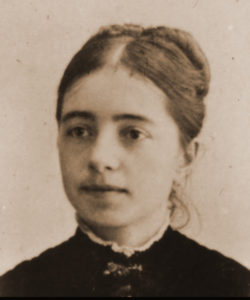
Pauline
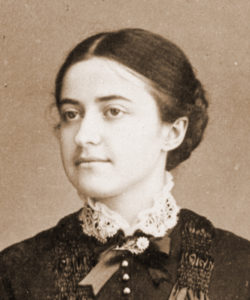
Céline

St. Thérèse
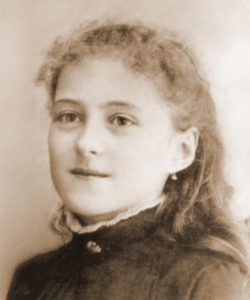
Louise - The Martin's maid
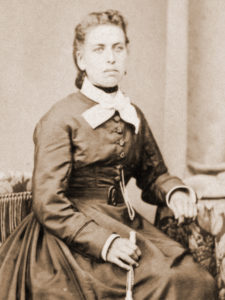
Léonie's Aunt and Uncle - Céline and Isidore Guérin
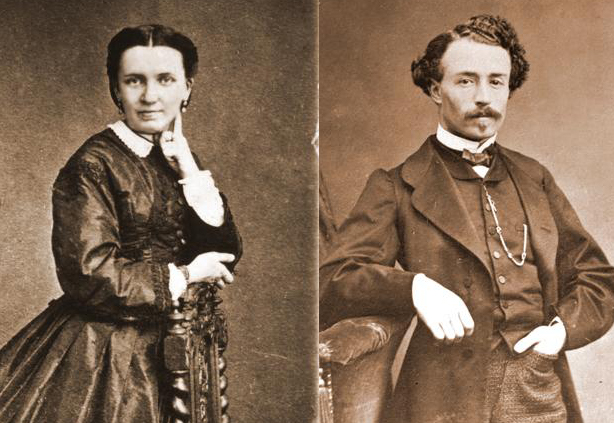
Léonie's Aunt - Sr. Marie Dosithée (Élise Guérin)
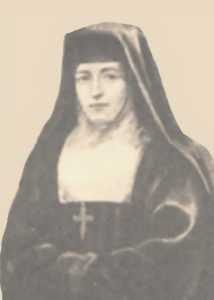
Images in this post of the Martin/Guerin family are used with permission from the Archives of the Carmel of Lisieux website for strictly non-commercial use. We encourage you to visit the website for more information on this remarkable family.
For more series Fr. Timothy Gallagher podcasts visit here
Father Timothy M. Gallagher, O.M.V., was ordained in 1979 as a member of the Oblates of the Virgin Mary, a religious community dedicated to retreats and spiritual formation according to the Spiritual Exercises of St. Ignatius. Fr. Gallagher is featured on the EWTN series “Living the Discerning Life: The Spiritual Teachings of St. Ignatius of Loyola”. For more information on how to obtain copies of Fr. Gallaghers’s various books and audio which are available for purchase, please visit his website: frtimothygallagher.org

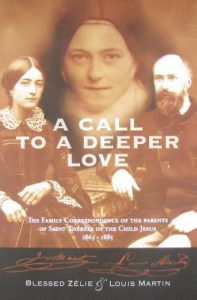

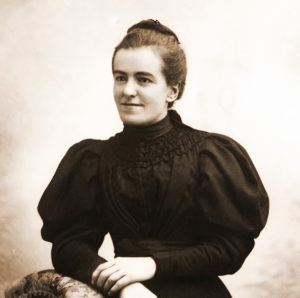
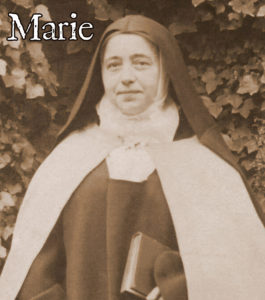
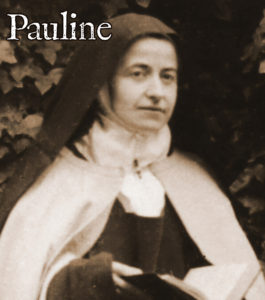
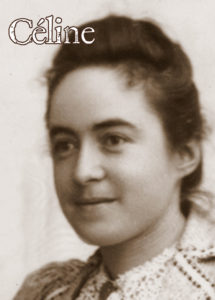
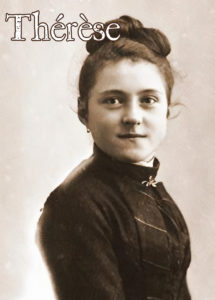
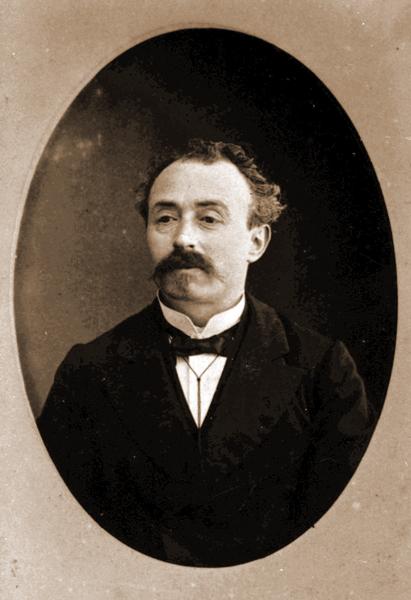
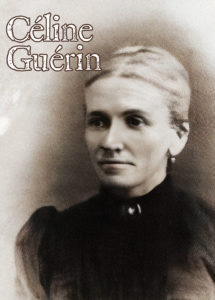
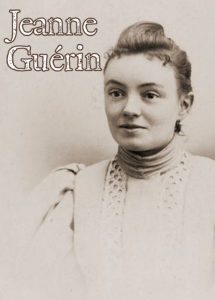
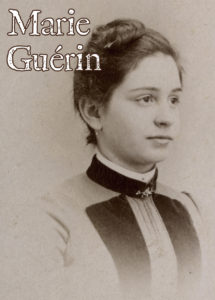
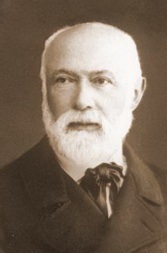
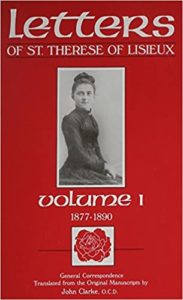
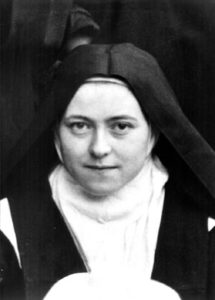
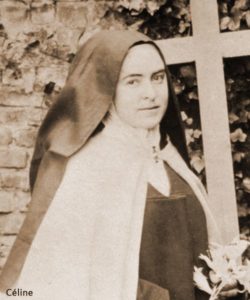
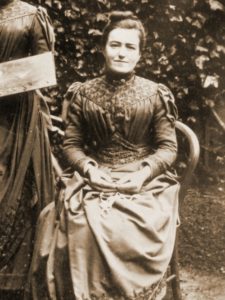 In this episode, after the death of her sister Thérèse and inspired by her witness and teachings. Léonie attempts for a fourth time to enter into religious life.
In this episode, after the death of her sister Thérèse and inspired by her witness and teachings. Léonie attempts for a fourth time to enter into religious life.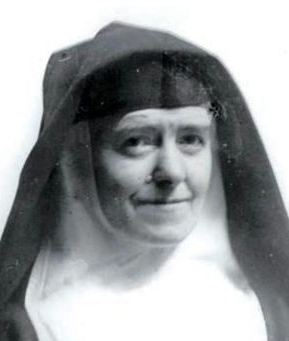 In this episode, we jump ahead 15 years to 1915. Léonie is now a cloistered religious, Sister Françoise-Thérèse of the Order of the Visitation of Holy Mary in Caen. She is doing her best to live the “little way” as described by her younger sister Thérèse, whose cause for canonization is rapidly moving forward. This process graces her with an opportunity to visit with her three living sisters, Marie, Celine, and Pauline at the Carmel in Lisieux.
In this episode, we jump ahead 15 years to 1915. Léonie is now a cloistered religious, Sister Françoise-Thérèse of the Order of the Visitation of Holy Mary in Caen. She is doing her best to live the “little way” as described by her younger sister Thérèse, whose cause for canonization is rapidly moving forward. This process graces her with an opportunity to visit with her three living sisters, Marie, Celine, and Pauline at the Carmel in Lisieux.